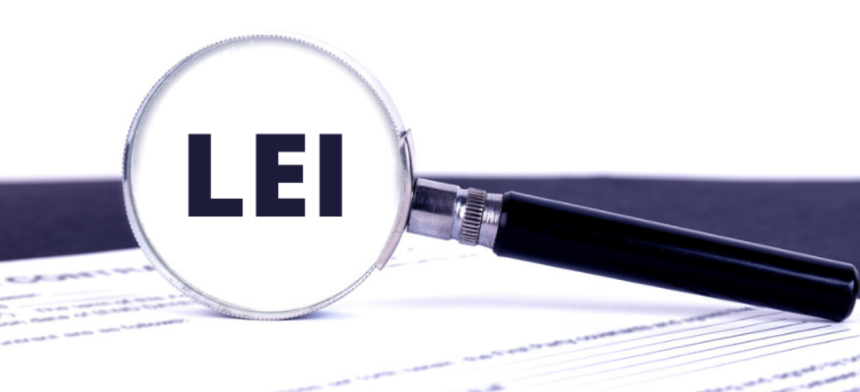A legal Entity Identifier (LEI) is a unique 20-character identifier used to recognize legal entities in financial transactions worldwide. It was introduced in 2012 as part of efforts to improve transparency in financial markets and to track systemic risks better. Since then, it has become essential for many organizations, especially those involved in financial transactions. You can consult agencies like LEI Register, which assists legal entities and resolves their LEI-related queries.
This article will explore who should consider getting an LEI and why it’s important.
What is an LEI?
An LEI is an identifier of legal entities in financial transactions. It’s a 20-character alphanumeric code assigned to an entity by a Local Operating Unit (LOU) authorized by the Global Legal Entity Identifier Foundation (GLEIF). The GLEIF manages the LEI system and ensures the data is accurate and up-to-date.
This system is designed to improve transparency in financial transactions, reduce systemic risk, and facilitate better regulatory oversight. It helps regulators, financial institutions, and other stakeholders better understand who they’re doing business with and monitor and manage risks more effectively.
Who should consider getting an LEI?
Companies involved in financial transactions
Those involved in financial transactions, such as banks, investment firms, and insurance companies, must have an LEI. This requirement is part of the regulations introduced after the 2008 financial crisis to improve transparency and reduce systemic risk in financial markets. Without an LEI, these companies cannot participate in financial transactions.
Companies planning to go public
Companies that plan to go public in the future should consider getting an LEI. This is because many stock exchanges and regulatory bodies require companies to have an LEI before being listed, and companies may sometimes need an LEI before starting the IPO process.
Companies that deal with government agencies
Companies dealing with government agencies, such as contractors or suppliers, may need an LEI. This is because some government agencies require suppliers and contractors to have an LEI to ensure transparency and accountability in their procurement processes.
Companies with international operations
Businesses with international operations should get the code. This is because the system is designed to work across borders and to facilitate international financial transactions. A unique code can help these companies comply with regulatory requirements in different jurisdictions and access global markets more easily.
Small businesses
Small businesses may not be legally required to have an LEI, but getting one can still benefit them. Having it can help small enterprises to build credibility and trust with customers, suppliers, and investors, allowing them to access financing and other resources more efficiently.
Non-profit organizations
Non-profit organizations may also benefit from having an LEI. This is because some donors or grant-making organizations may require them to have an LEI to ensure transparency and accountability in their operations. Having it can also help non-profit organizations access funding from international organizations or foundations.
Why is getting an LEI important?
It is essential for several reasons. First, it’s a legal requirement for many companies involved in financial dealings, and these companies cannot participate in financial transactions or access global markets without it.
Second, having an LEI can improve transparency and reduce systemic risk in financial markets. By providing a unique identifier for legal entities, the system makes it easier for regulators, financial institutions, and other stakeholders to identify who they’re doing business with and to monitor and manage risks more effectively.
Third, having an LEI can help companies to comply with regulatory requirements in different jurisdictions. The solution is designed to work across borders and to facilitate international financial transactions. Having it can help companies to streamline their compliance efforts and avoid penalties for non-compliance.
Fourth, having an LEI can improve credibility and trust with customers, suppliers, and investors. It shows that a company is committed to transparency and accountability in its operations, which can help to build long-term relationships and attract new business opportunities.
Lastly, having it can help companies to access global markets more easily. Many stock exchanges and regulatory bodies require companies to have an LEI before being listed or participating in financial transactions. Having an LEI can open up new opportunities for companies to expand their operations and reach new customers and investors. To know more, discuss with reputed firms like LEI Register, who assist in acquiring and renewing a new code for legal entities.
Conclusion
The legal entity identifier (LEI) system is essential for improving transparency, reducing systemic risk, and facilitating better regulatory oversight in financial transactions worldwide. While not all businesses or individuals require it, companies involved in financial dealings, companies planning to go public, companies that deal with government agencies, companies with international operations, small businesses, and non-profit organizations should all consider getting an LEI to comply with regulatory requirements, improve credibility and trust, and access global markets more easily.















